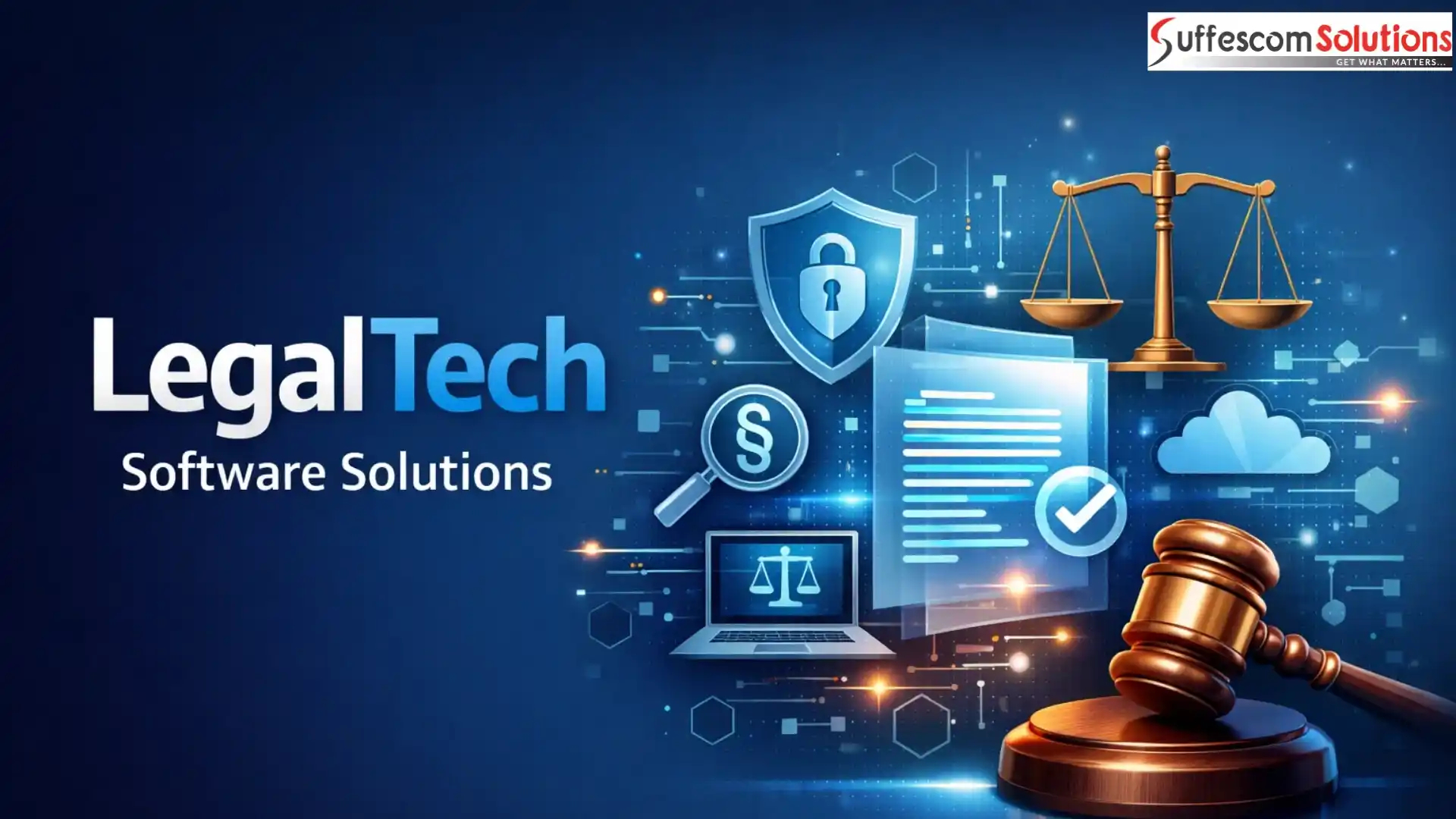Blockchain Consent Platform: Envisioning Blockchain Ecosystem To Expedite Clinical Trials

Data plays a pivotal role in strategising things and is essential to decision-making. Every organisation uses the data precisely to enhance the quality of life. The collection of appropriate data from valid sources helps the firms in making informed decisions. The effective strategy helps them to detect the problems and find the solutions. Also, it amplifies the degree of efficiency and tells them to be calculative in their approaches. Almost all industries adopt this decision of giving priority to the data.
Digitisation has massively revolutionised healthcare. The pharmaceutical industry needs proper supply and management as a huge magnitude of data needs restructuring. Due to the upgradation in the tools and software, storing, analysing, and sharing data has become much more convenient. The latest developments have outperformed the conventional health model.
How is Blockchain Technology Implemented in The Medical Sector?
Blockchain is decentralised, and the ledgers are stored on different nodes. This data sharing is updated more often, is usually transparent, and has low bandwidth. Thus, it's the best way to implement blockchain technology in healthcare. The added benefit is that the actual medical data is not recorded on the blockchain.
Instead, the metadata is stored in the form of hashes that show whether the patient has consented. The cryptographic keys maintain access to the records. These keys tell which healthcare professional has acquired which record. Most nodes need to consent for truthfulness to accept a brand new block. This consent mechanism helps prevent malicious activities from causing fraud. An attacker who tries to corrupt the data must get access to most inter-connected computers. So, ultimately, it becomes impossible to make a fraud attempt as the network keeps growing.
Create a Secure Future with Our Revolutionary Blockchain Consent Platform
Our revolutionary blockchain consent platform enables you to create a secure future by providing a transparent and immutable record of consent. With our platform, you can rest assured that your data is secure and your privacy is protected.
Keeping Track of Events
All the crucial information is accumulated in the blocks that constitute the transaction at that particular time frame. Now, these links are interconnected in the form of a chain with the help of a cryptographic hash and also support a timestamp to keep track of events.
This works so that the transaction is recorded as an event and then precisely orders the sequence of events. All these conditions are followed in an accurate format and that too in a non-corruptable format that enables the consistency of the events.
Maintaining the Events
Previously, the bitcoin developers slightly altered the data structure to record information bits on the blockchain. This is known as a hash, and two similar documents are liable to generate an identical hash. If anything is altered in the hash, the resultant of the hashing function is changed drastically.
Moreover, the length of the document can be reduced to the hash, and comparing if both the hashes matches mean that the document's integrity is maintained.
Automation
There is the presence of the script language that allows programming and flexibility in the blockchain architecture. These sets of codes are known as smart contracts. The smart contracts' implementation occurs after the user's pre-defined criteria are executed.
The smart contract is written, and the uploaded data is set for the trial based on the two conditions. The first one is that there should be consent from all the patients and the second one is that every phase of the trial protocol is successfully registered.
On the whole, it can be said that blockchain as an entity helps track after consent permission is given. There are immense possibilities like the automation of the consent collection, reconsenting after meeting specific conditions, etc.
Suffescom Solutions Inc. is an incredibly smart contract development company that will guide you through the entire process by offering the finest solutions..
Blockchain Consent Platform
In today's time, the healthcare sector is lacking behind. To cope with such a scenario, ultra-modern solutions can share the patient's health records to offer standard healthcare solutions. The sharing of such confidential data is based on acquiring consent that is obstructed by the unavailability of the resources. Data sharing is allowed by maintaining a trustworthy user network.
There is a different place for the data governance procedure as it becomes essential to specify and monitor the data using various conditions. The patients' consent is taken by the dynamic representation of the smart contracts to allow the data requesters to explain the queries and feedback.
The consent platform is based on two major characteristics.
Data Use Ontology (DUO)
It individually prototypes the patients' consent.
Automatable Discovery and Access Matrix (ADA-M)
All the queries are illustrated by the data requesters.
This consensus model is deployed on the ethereum blockchain game development platform, and various sharing resources are calculated. This data model is flexible and helps make a decision dependent on the data usage by the requesters.
Blockchain Clinical Trial
When the medical history of the patients around the globe is analysed in the true sense, there is a proper understanding of the research and discoveries to come down to any speculation. To comprehend things better, there is some serious resistance as per the patient's data. It is due to the following reasons;
- There is insubstantial information about the clinical trial
- The incentives provided to the patients to share their medical history are very few.
- Complete transparency and privacy are not maintained to secure confidential information.
Big pharma companies have tried to make advancements in executing clinical trials at large scales, but somehow, these problems are not fixed. With blockchain, there is a ray of hope that has all the potential to make changes in the way transaction is performed. Blockchain, as discussed above, has taken into consideration almost all the attributes that help in aiding medical solutions for the healthcare industry.
Launch Your Data Privacy Strategy with Our Blockchain Consent Platform
Our blockchain consent platform helps you launch your data privacy strategy by providing a secure and decentralized solution for collecting and managing user consent. With our platform, you can build trust with your customers and comply with data privacy regulations with ease.
Stating the Facts Between the Blockchain and the Clinical Trials
According to a study, research was conducted to create awareness among the patients for the clinical trials. The result was quite shocking. Initially, it was examined how many patients were aware of the clinical trials. In the final outcome, it was seen that a mere 15-16% of the patients were cognizant of such trials.
This clearly shows that about 85% have absolutely no idea what clinical trials are, how they operate, or what benefits they resort to. This is very unusual, and steps should be taken to make people aware of this.
The application of blockchain has improved the transparency and enhanced the security element in the trial system. The communication process is organised and kept updated with tools that offer smart contracts to validate the transparency and trackability of clinical trials, providing financial capital to the patients for sharing the data. This blockchain technology has the ability to amplify the number of patients in multiple ways. In the distributed ledger system, the patient stores their medical data with the help of unspecified methods. On the other hand, the trial recruiters then reach out to the patients in case their data is qualified.
Perks Associated with the Clinical Trials
Blockchain systems are entirely tamper-proof. Whatever information is stored on the block will remain intact even after several years. This means that integrity is maintained at all levels, and no compromise is allowed on the security of the data. Furthermore, it can also be said that blockchain offers decentralisation. This means that the robust mechanisms help run the clinical trials at patients' places. For more benefits like this, let's have a look below;
Complete Decentralisation
In decentralisation, there is no exclusive control within a single entity. This is due to the distributed data at every node and possibly not a particular localised location. Now, when clinical trials occur, it does not occur at a specific site. Still, at multiple trial locations, it is possible to begin the trials by utilising advanced technologies, allowing the researchers to report from distant locations.
These decentralised clinical trials successfully accept and submit the ePRO, i.e., electronically submitted report outcomes and other solutions. Such trials can produce a large quantity of data and do not require an extremely strong governance factor.
More nodes are added for advanced security features that ensure safe and secure data entry is shared among patients. When combined with the SSID, i.e., self-sovereign identity, these decentralised trials take control of the patient's identity along with their access rights. This not only provides security but also profits the stakeholders.
Real-Time Decision Making
The data is kept at multiple locations, and that can be presented to a lot of people at the same time. Let's suppose that about three physicians are controlling a trial while sitting at different locations. So, the governance is held via a blockchain system, and the data is received in real-time. This is beneficial in clinical trials as it helps make accurate decisions. This is a hassle-free solution that makes quick decisions despite all obstructions.
Smooth Integration
Massive clinical trials occur every year, and billions of dollars are spent on them by huge companies. Various CROs, i.e., contract research organisations, work closely with the product owners. Several intermediaries increase this complication. These are optimised by blockchain, and smart contracts replace the conventional tasks. This helps the shift from the siloed to the integrated ones. This allows for a single unified platform to execute blockchain-based clinical trials.
The other thing is that before blockchain, the physicians and the patients were not paid regularly. They get their dues after six months. With the presence of blockchain, the payment procedure has gained pace by automatically speeding up the process. The payment is applicable just after the task is performed. Various systems can be integrated, and with digitisation, such platforms can become unified and consolidated.
Start Your Journey to Transparency with Our Blockchain Consent Platform
With our blockchain consent platform, you can enhance your brand's reputation by demonstrating a commitment to data privacy. Our platform provides a seamless user experience and ensures compliance with data privacy regulations
How Has Blockchain Transformed Clinical Trials?
A clinical trial is majorly an unsure procedure that leads to high development costs. So, to balance things out, the pharma companies tend to develop at least 3-4 drugs in a year. This reduces the chances of the high success rate of a product to negligible.
Uncertainty at any trial phase results in high prices, and such amplified rates apply to both the consumer and the researcher. Apart from high costs, the accuracy maintained in producing the data needs to be efficient. This is because there is the sharing of valuable information of the patients with their enrollment strategies.
A distributed network allows the databases to store the transaction records. Each node then validates the data and documents all the transactions present on the network. The added benefit is that the data stored on the blockchain can neither be hacked nor stolen by any means. It is because the distributed ledger has several databases. The validation process allows data storage at a secure platform, and all steps are performed, such as transforming information into analysis and then finally into documentation.
Bottom Line
Integrating the much-talked clinical trial into blockchain technology has resulted in the full tracking of data and advanced privacy solutions. The implementation of such amazing technology is quite significant. Right now, this technology is still in its nascent stages and requires more upgrades to have a better reach. The other advancements encompass reducing expenses and saving time for executing a wide variety of clinical trial backdrops that will eventually lead to affordable drugs at reasonable prices.
Suffescom Solutions Inc. is an advanced Blockchain Development company with a team of professionals providing ultimate blockchain development services to its clients.
Hurry up and get in touch with our experts!







